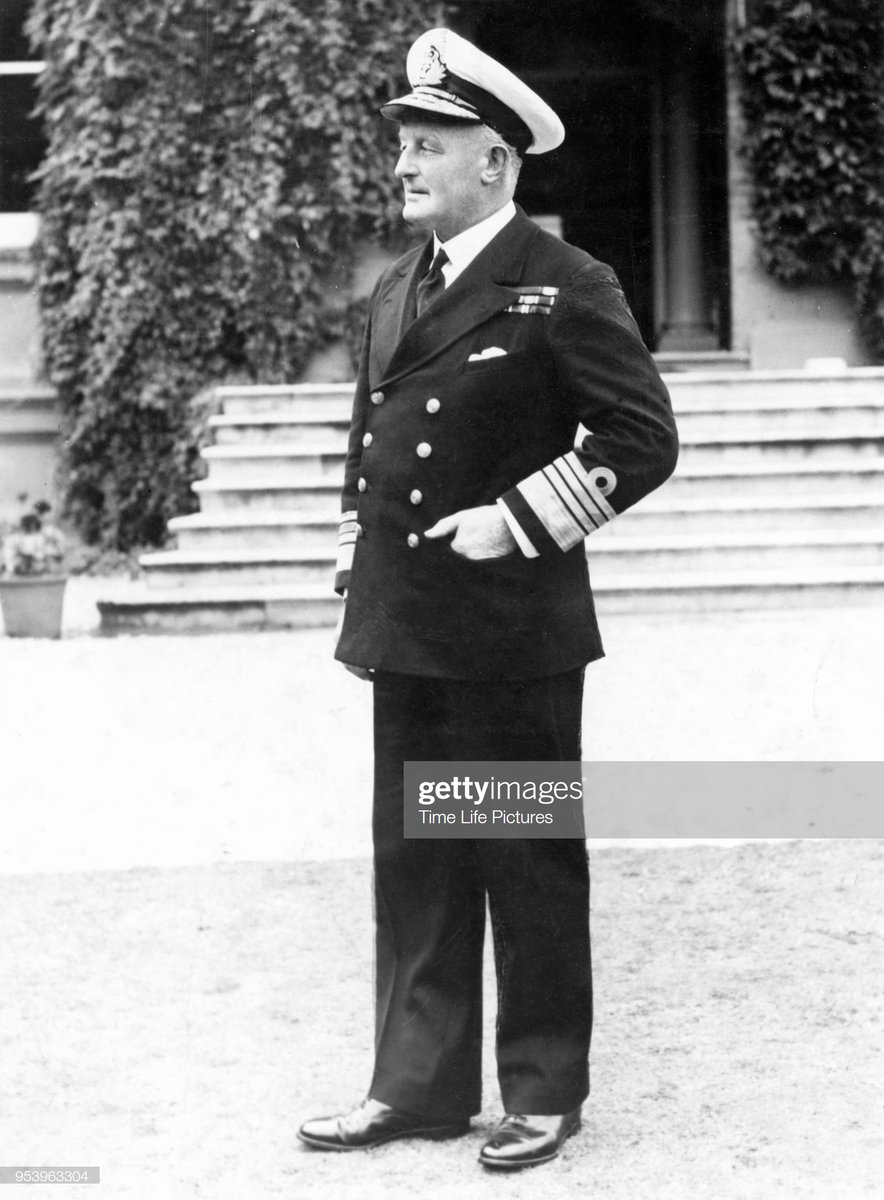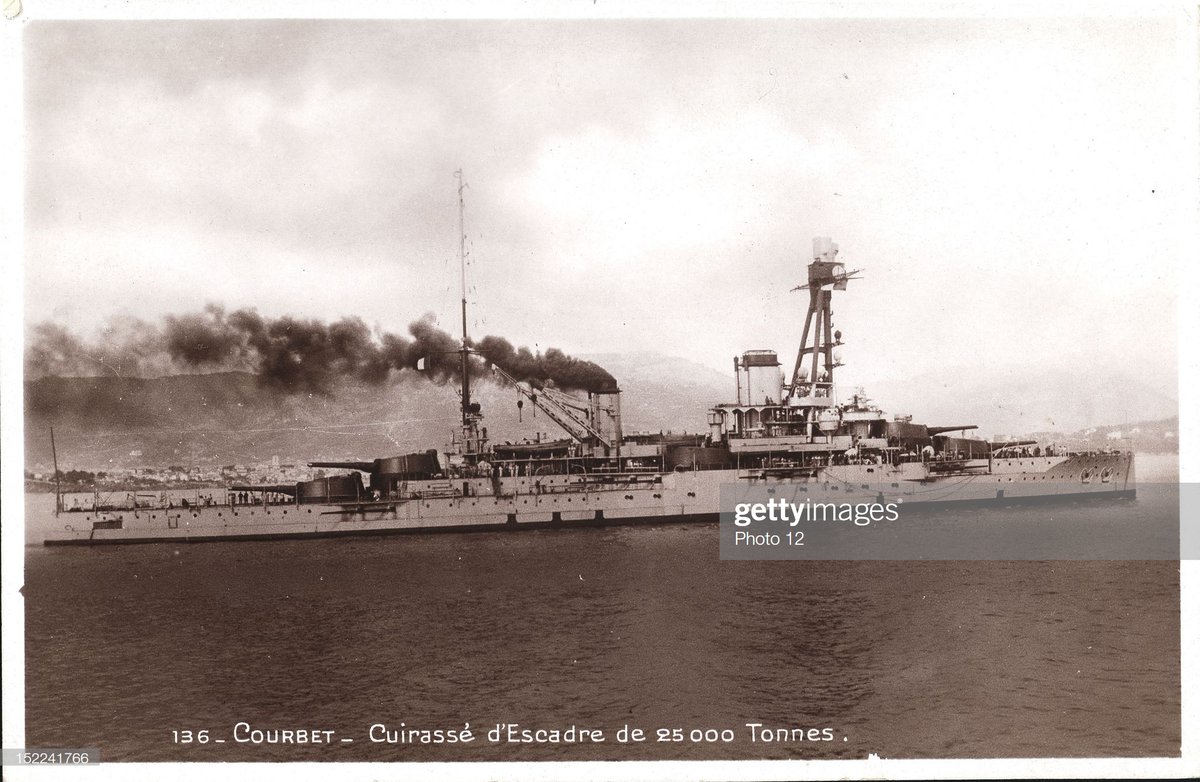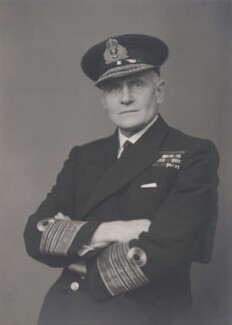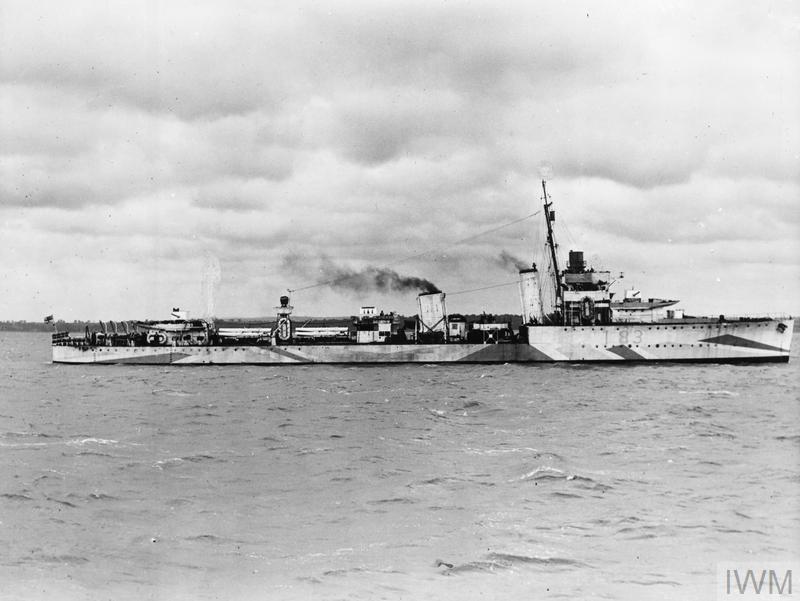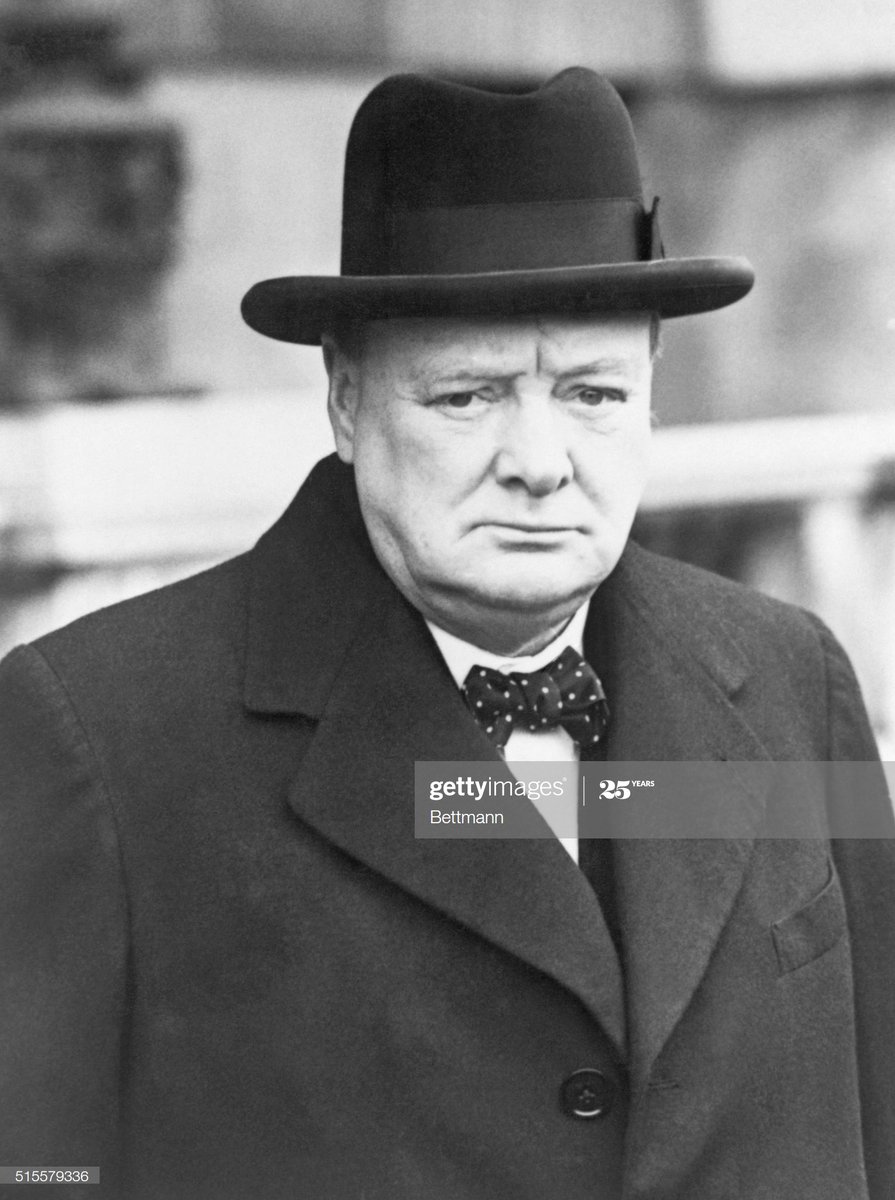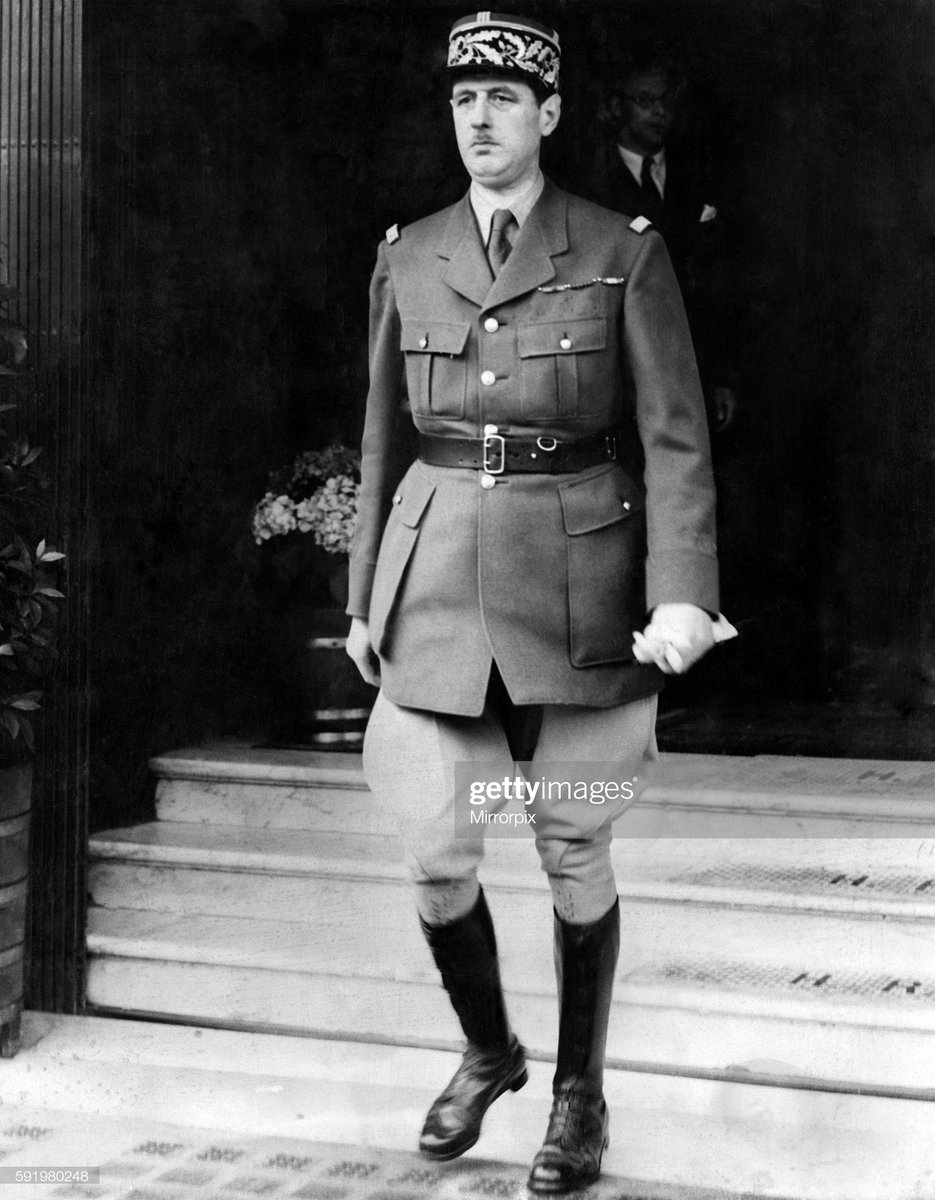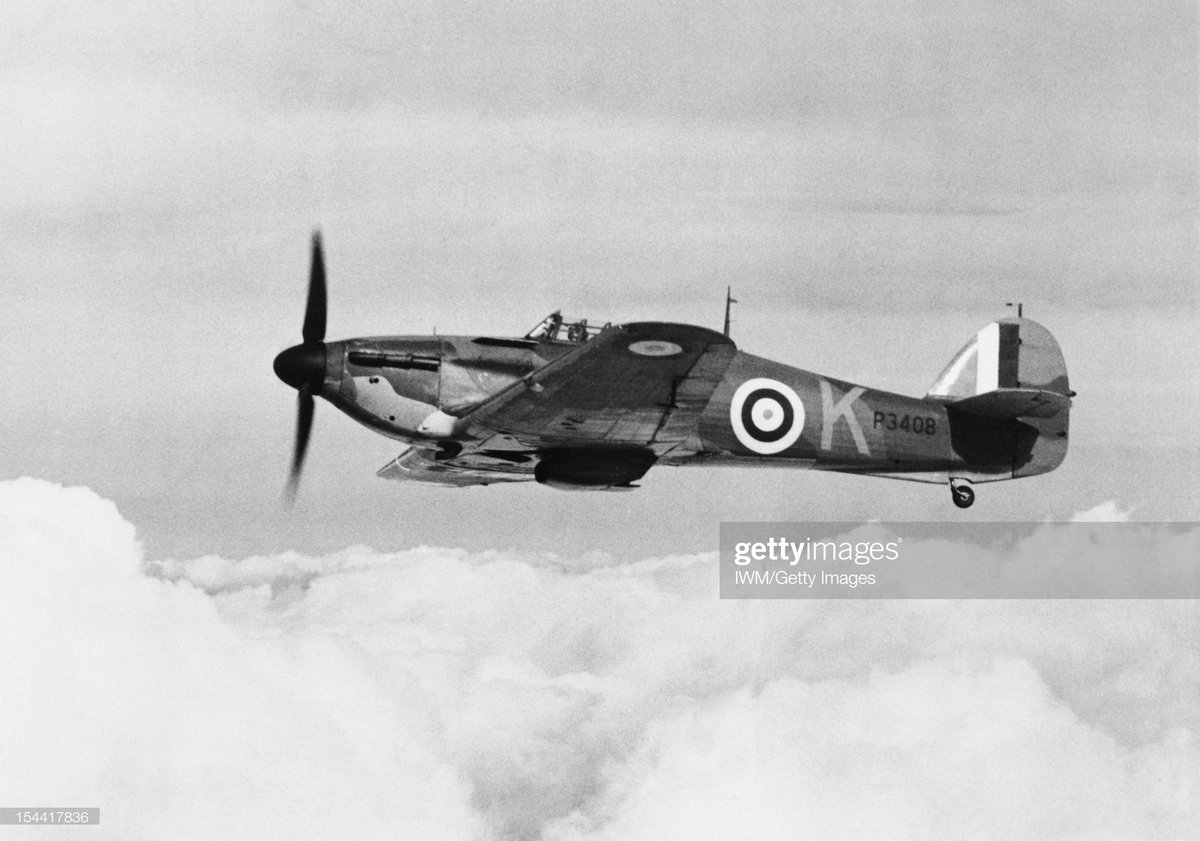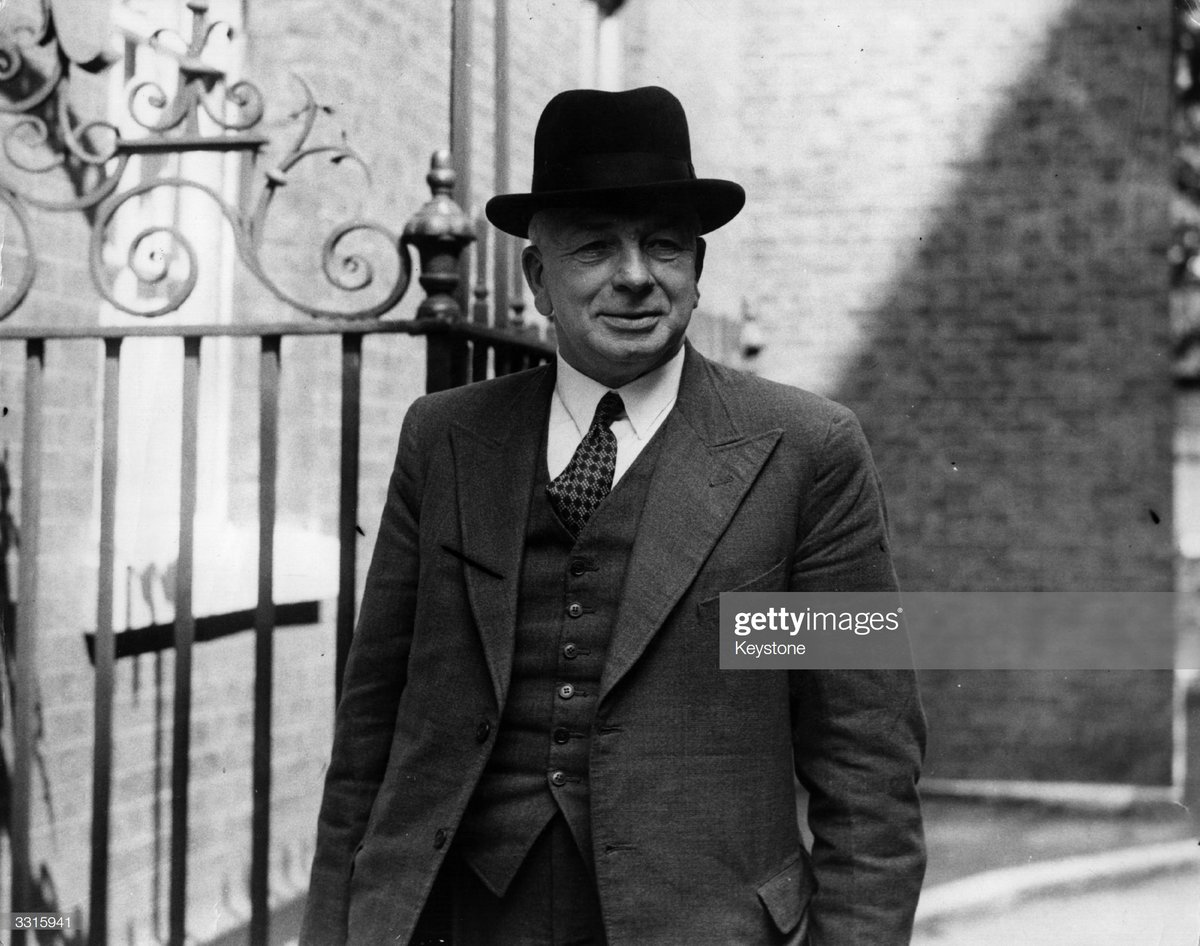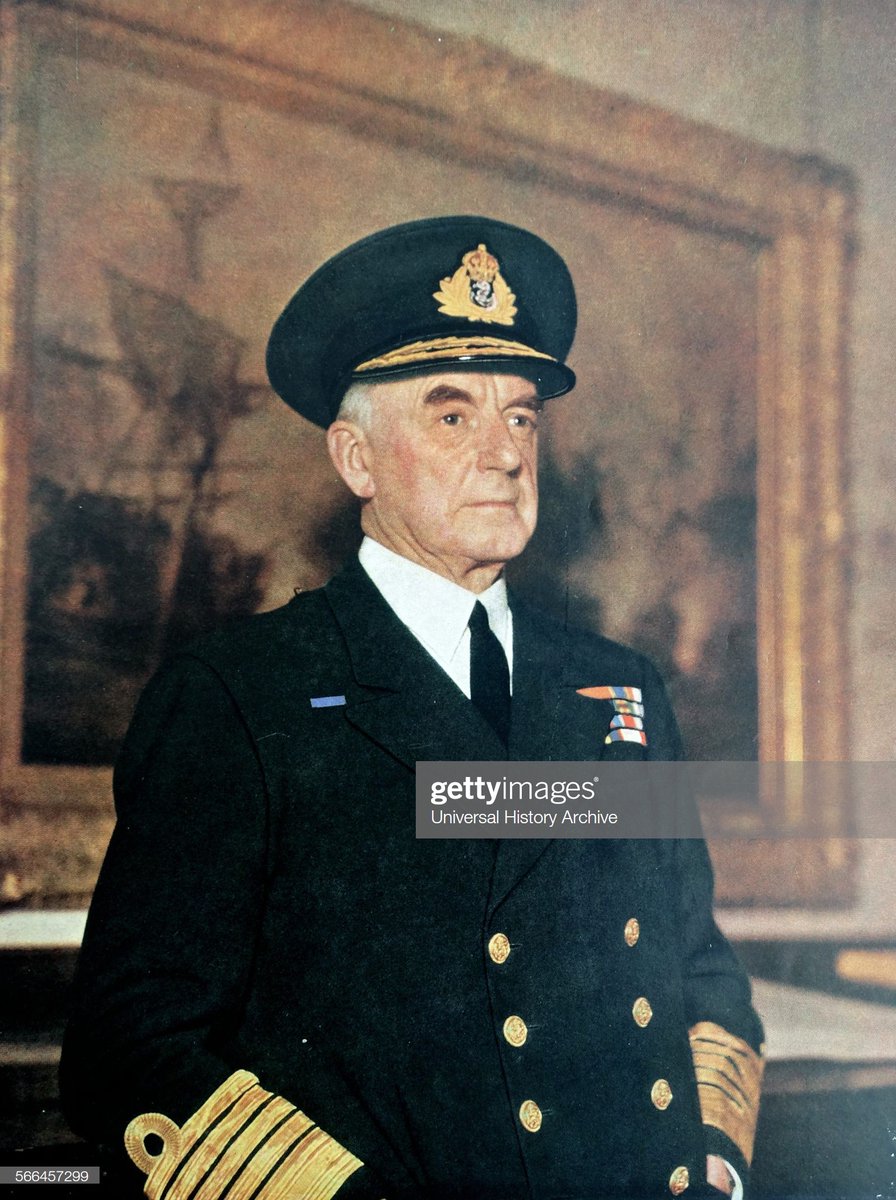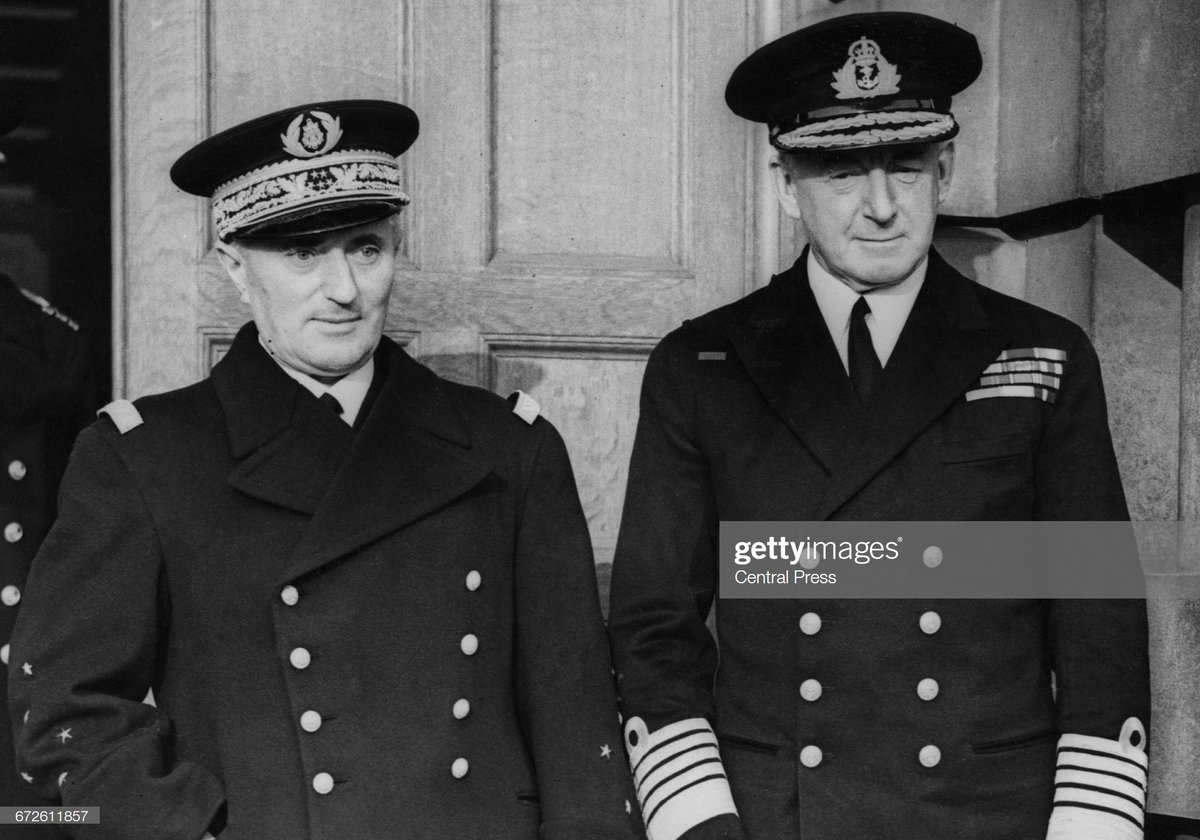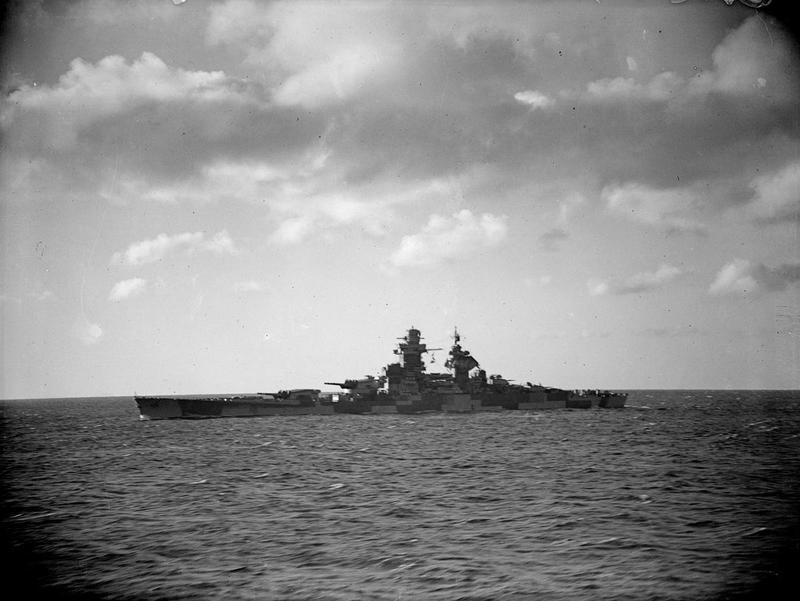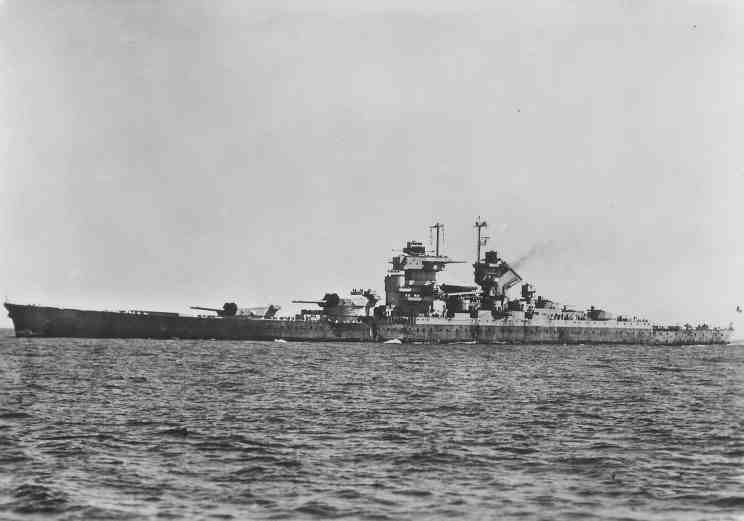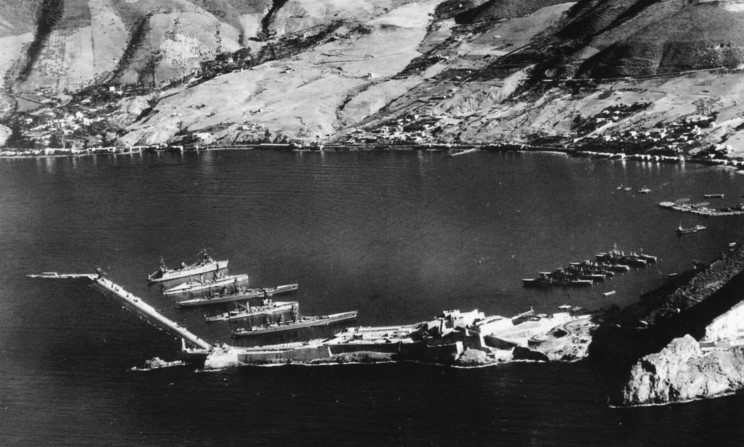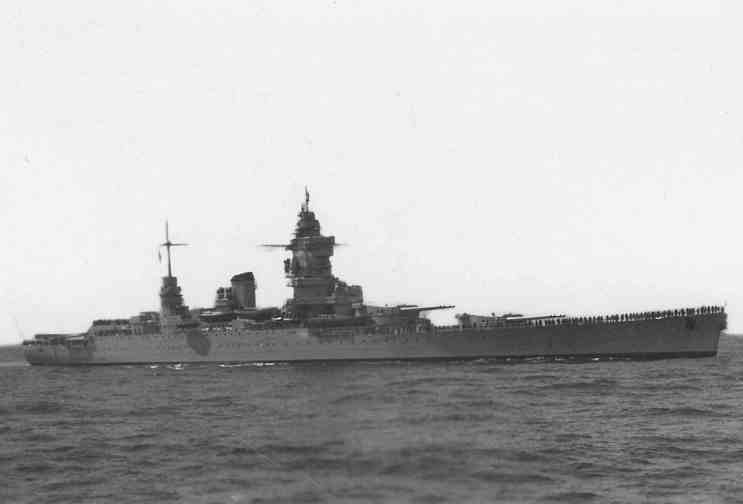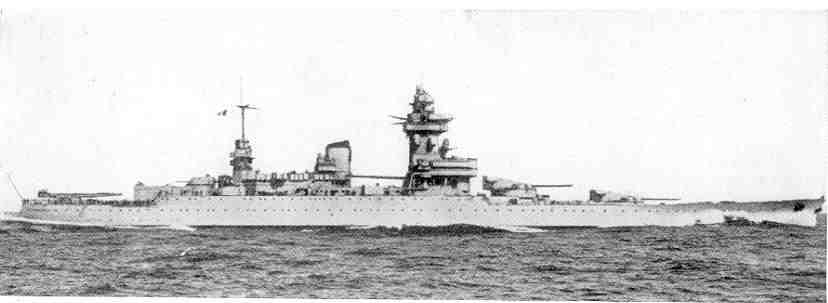On this day 1940 was in some respects one of the most critical of #WW2. With most troops evacuated & the defences of Cherbourg crumbling despite assistance from the firepower of the French battleship Courbet, Adm Sir William James& #39; forces demolished port facilities before leaving
Scenes further up the coast at Brest were extremely similar as the forces of Adm Sir Martin Dunbar Nasmith began demolishing the facilities of France& #39;s main naval base in the Atlantic before departing aboard the destroyer HMS Broke, the last major convoy departed St Nazaire too.
In London, Prime Minister Winston Churchill declared "Let us therefore brace ourselves to our duties, and so bear ourselves that if the British Empire and its Commonwealth last for a thousand years, men will still say, “This was their finest hour.” https://winstonchurchill.org/resources/speeches/1940-the-finest-hour/their-finest-hour/">https://winstonchurchill.org/resources...
While French Undersecretary of State for Defence & War, Army Brig/Gen Charles de Gaulle told his countrymen "Honour, common sense, & the interests of the country require that all free Frenchmen, wherever they be, should continue the fight as best they may" https://www.bbc.co.uk/news/10339678 ">https://www.bbc.co.uk/news/1033...
The last Hurricanes of 73 Squadron, the last @RoyalAirForce squadron in France left Nantes, flying back across the Channel to RAF Tangmere. Further air cover over the evacuation ports would now be either French, or long range Bristol Blenheim fighters flying from Britain.
Perhaps the most critical event, however, was a meeting in France as, despite the approach of German forces British Cabinet Minister & the @RoyalNavy& #39;s new political chief, 1st Lord of the Admiralty Albert Alexander, & its professional head, 1st Sea Lord Adm/Flt Sir Dudley Pound
flew in to the new French capital, Bordeaux for a meeting with their joint opposite number French naval Commander-in-Chief and Minister of Marine Admiral Francois Darlan. The subject was of great concern to Britain (and the still neutral United States) – the powerful French fleet
Of particular concern were the brand new & extremely powerful battleships Richelieu and Jean Bart, which lay, amongst a number of other ships, barely complete, still at Brest and St. Nazaire respectively, just hours from falling into German hands, irrespective of any negotiations
The British felt the meeting had been extremely cordial. Darlan had offered up the surprise announcement that Richelieu had sailed that morning, while Jean Bart would sail the next & he gave his word of honour (backed by an explicit order two days later) that the fleet would...
never fall into German hands, though he left the final destinations of Richelieu & Jean Bart up in the air.
Darlan, on the other hand, later wrote to his wife comparing his visitors to “heirs who come to reassure themselves that the dying man has really left them a bequest.”
Darlan, on the other hand, later wrote to his wife comparing his visitors to “heirs who come to reassure themselves that the dying man has really left them a bequest.”
There was to be no "bequest" either. Unlike Courbet & Paris, Richelieu & Jean Bart did not sail for @HMNBDevonport or @HMNBPortsmouth, but Dakar & Casablanca, respectively, creating a powerful, North Africa-based fleet alongside the battlecruisers Dunkerque & Strasbourg at Oran.
If Alexander & Pound had persuaded Darlan to follow the Polish & Dutch example in continuing the fight in exile, alongside the Royal Navy, they would of have pulled off a spectacular coup, but Darlan, believing Britain too would soon be forced to sue for peace, perhaps in as...
little as five weeks, chose to remain in France.
His control of the fleet ensuring, he felt, the defence of France& #39;s North African colonies (plus securing his position as a key member of the new government of Marshal Philippe Pétain). The stage for a tragic clash was now set.
His control of the fleet ensuring, he felt, the defence of France& #39;s North African colonies (plus securing his position as a key member of the new government of Marshal Philippe Pétain). The stage for a tragic clash was now set.

 Read on Twitter
Read on Twitter